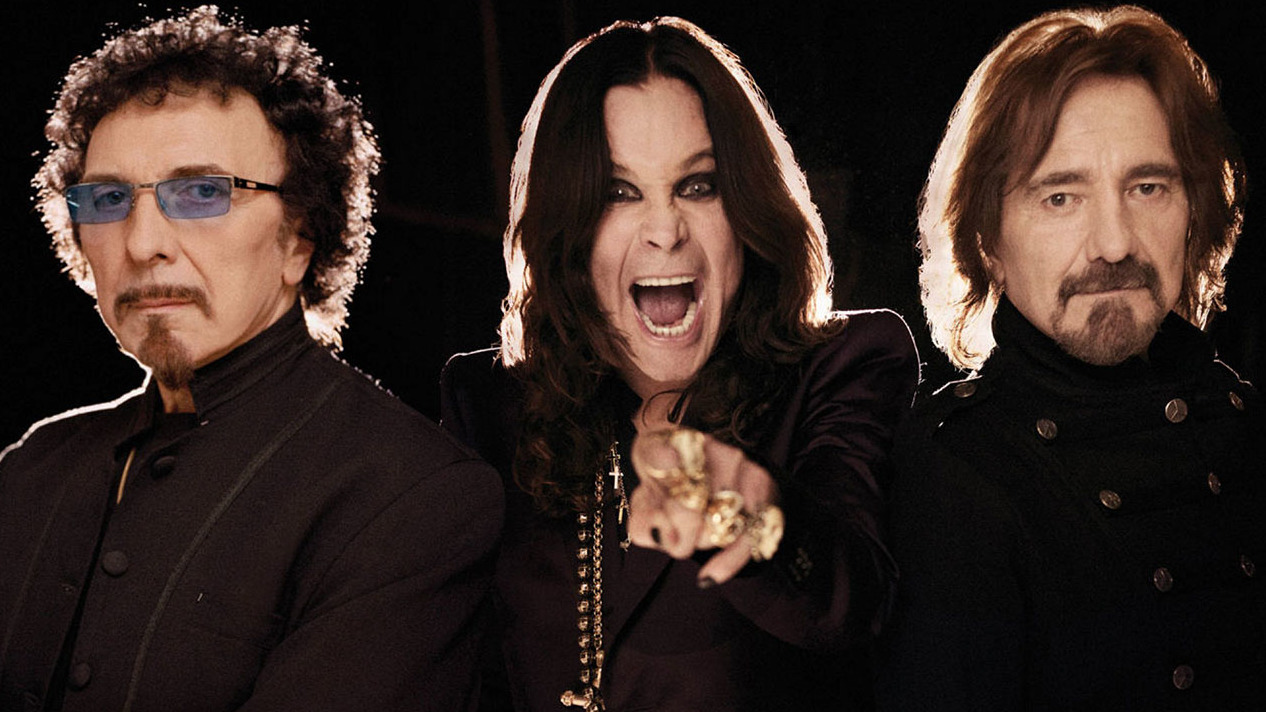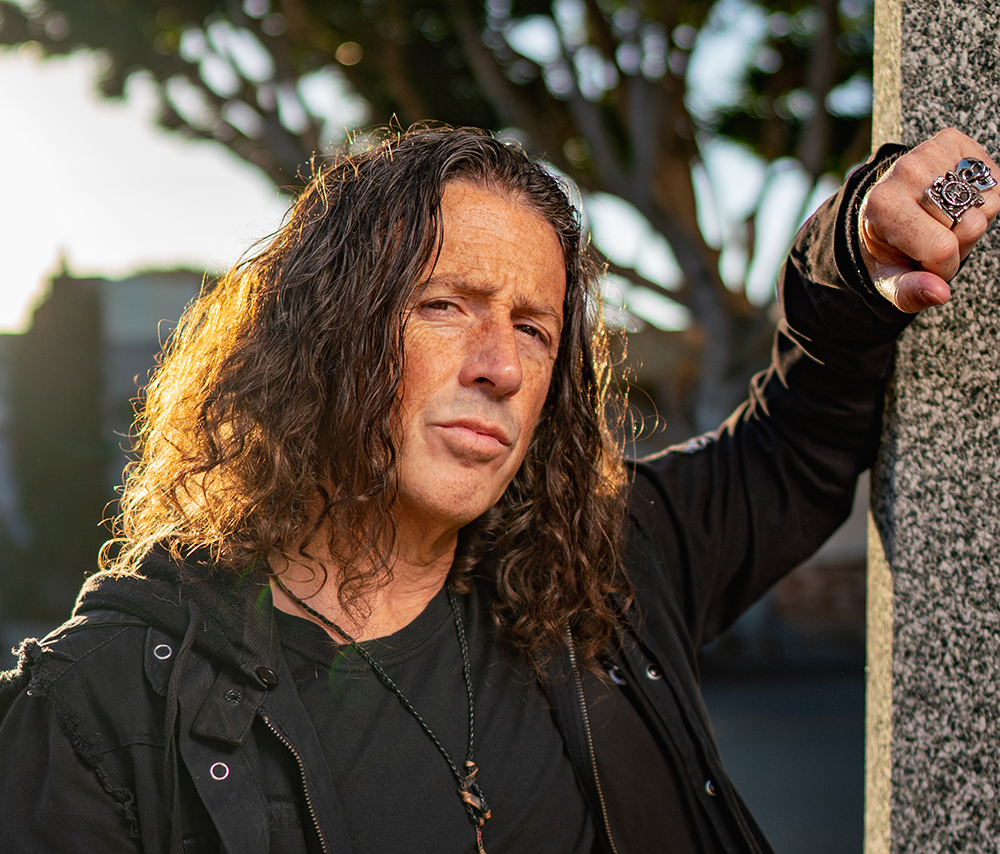“It’s the end of Sabbath, believe me”: The story of Black Sabbath’s abandoned 20th album
After the release of 13, Black Sabbath promised one more album before their farewell tour. Schedule conflicts and health scares meant it never came to be.

In 2013, Black Sabbath released 13: their 19th studio album and first featuring Ozzy Osbourne, Tony Iommi and Geezer Butler together since 1978. Surpassing all expectations, it channelled the menace and vitality of their early work with its potent songwriting, yet simultaneously felt fresh and modern thanks to producer Rick Rubin. Sabbath also reclaimed heavy metal dominance with its release, reaching number one in the US Billboard chart. Journalist Dave Everley, in his contemporary Metal Hammer review, aptly remarked: “If [13] does turn out to be their last album – and time, age, health and a few sizeable hints in the press and on the record suggest that’s not impossible – then this is the perfect way to close the circle.”
Fast forward to 2014. Ozzy, in a new interview with Hammer, gushed over how rewarding the writing and recording process had been for 13 and announced, almost casually, that plans had been hatched for one final Sabbath album. “It was a lot of fun,” he said, “so we’re going to do one more album, and a final tour.” And with those seven words – “we’re going to do one more album” – a tsunami of speculation was unleashed.
The seeds of a 20th album had actually already been planted in a 2013 Classic Rock feature, in which Tony Iommi hinted at the possibility. The guitarist stated, “I don’t know if [a new album] would be the right thing to do, but who knows. The history of this band has taught me to never say never.”
However, it was Ozzy’s 2014 revelation that ignited a full-on frenzy of anticipation. Citing his advancing age and the need for clarity on Sabbath’s future, the Prince Of Darkness asked his wife and manager, Sharon Osbourne, to get to the bottom of it. So, she made the call and came back saying, “Yeah, the record company wants another album.” “I believe Rick Rubin is going to do it with us again,” Ozzy added. The metal world positively buzzed with the news.
Bassist Geezer later noted that the Brummies already had a head start. “We’ve still got four tracks left over from [13]. So maybe we’ll fill in the other four or five tracks and put out another album – if it’s right. We wouldn’t do it just for the sake of it, or the money or whatever. But yeah, maybe.”
According to Ozzy, recording was slated for sometime in 2015: “It’ll be sooner rather than later. Obviously a lot of it is coming down to Tony’s health, he’s obviously got his cancer treatment, but we’ll get onto it next year. I don’t know if we’ll be writing in England or L.A., but I’ll fly to the fucking moon for it if I have to!” His enthusiasm, however, soon met harsh realities.
As Ozzy alluded to, a key hurdle was Tony’s wellbeing. After his lymphoma diagnosis in 2011, the guitarist’s health understandably took precedence over band activities. Securing the necessary care had impacted Sabbath’s 2012 and 2013 tours and likely cast doubt over their recording capabilities. Moreover, Ozzy’s thriving solo career and Rubin’s involvement in various pop-culture megastars around that time – including Ed Sheeran, the Wu-Tang Clan and Lady Gaga – would both have contributed to scheduling complexities.
Sign up below to get the latest from Metal Hammer, plus exclusive special offers, direct to your inbox!
By September 2015, the narrative shifted. Black Sabbath announced their farewell tour The End, signalling the closing chapter of their career. Ozzy, in a conversation with New Orleans’ Times-Picayune, confirmed that the new album had been scrapped: “It’s the end of Sabbath, believe me.” The unused tracks from 13, along with four live recordings, eventually appeared on a limited edition, eight-song CD sold at stops on The End.
The story of Black Sabbath’s unmade 20th album is hardly a tragedy. Ending a storied career with a number-one release is a distinction that few musicians will ever be able to claim. And really, what more needed to be said? With 19 studio albums done and dusted, Sabbath had created a legacy that will burn brightly for generations of headbangers to come. There’s no denying that – after 50 long, prolific years – heavy metal’s pioneers earned their retirement.

Hailing from San Diego, California, Joe Daly is an award-winning music journalist with over thirty years experience. Since 2010, Joe has been a regular contributor for Metal Hammer, penning cover features, news stories, album reviews and other content. Joe also writes for Classic Rock, Bass Player, Men’s Health and Outburn magazines. He has served as Music Editor for several online outlets and he has been a contributor for SPIN, the BBC and a frequent guest on several podcasts. When he’s not serenading his neighbours with black metal, Joe enjoys playing hockey, beating on his bass and fawning over his dogs.

